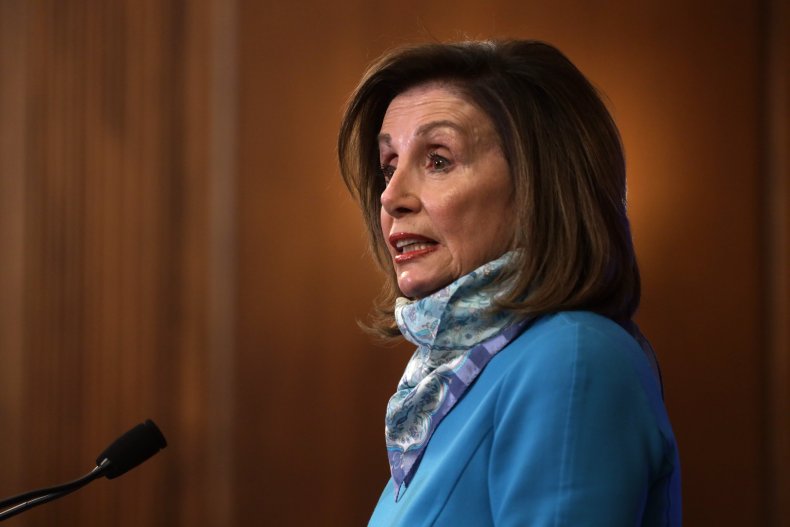Not a moment too soon, the reopening of America has begun.
When the coronavirus crisis began, and the nation’s governors began to order the closure of factories, restaurants, parks, beaches and other public accommodations, very few of us thought we’d have to endure an eight-week long period of self-quarantine. Somehow, the impetus to “flatten the curve” to prevent the hospital system from becoming overwhelmed, as the direst forecasts said possible, mutated into a push for continued isolation while the virus was active.
No one signed up for that. Americans are instinctively a free people who, more than less, would rather the government leave them alone. The crackdown on commingling reached levels in Michigan, California, Illinois and other states that made many uncomfortable with the exercises of police powers on display and the threats from elected officials. Hopefully, those who exceeded their authority will face a day of electoral reckoning sometime in the future while the rest of us get busy rebuilding our lives and our savings. We’re not out of the woods, by any means, but some things are getting better.
What’s not getting better is the financial outlook for the U.S. government. Washington has shoveled so much money out the door since the coronavirus pandemic started that it’s hard to imagine it will ever be repaid. It will be, for the most part, just like the outlays from the savings and loan industry bailout of the 1980s and the 2008 TARP bailout were eventually recouped. What matters now is that Congress put the brakes on spending, a message House Speaker Nancy Pelosi doesn’t seem to be getting.
Rather than stop and evaluate the effect of what’s already been done, she’s at work putting together a bill with an estimated $2.5 trillion price tag that, among other things, reportedly contains provisions allowing people who are not working to receive a generous stipend from the U.S. government. And that’s on top of a provision in an earlier relief bill that ended up allowing people to draw more in unemployment than they had been making on the job.
As Newsweek, The Wall Street Journal and other publications have reported, that’s making it awfully hard to get people to come back to work. And if people are coming back to work with one out of every five Americans out of a job according to the latest figures, the recovery we hoped would take off like a rocket is going to stay on the launchpad for far too long.

Pelosi’s plan to give people even more money is a bad idea. There may be some who need it, perhaps even badly, but their interests do not and cannot be allowed to outweigh the interests of those who kept working during the crisis or who want to get back to work. The government shouldn’t hold people’s hands like mommy walking a child to school on the first day. It should just get out of the way.